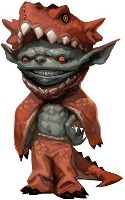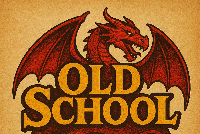
Topic. I've DM'd for years with pencil and paper, and I've played plenty of games on roll20. Yet learning to DM on roll20 (as I'm doing now) has been one of the most frustrating things I've done in a long time, and I spent most of last month dealing with the IRS and identity theft issues. I've tried the onsite tutorial, reading the wiki, and watching youtube explanations so far, and my head is just swimming. I feel so utterly overwhelmed by it all. Like, I'm not sure if I should be buying tables and maps off the market place, looking for gifs, or learning one of the half dozen map making programs in the website's link section. Anyone else start out this way? What helped you to make sense of it all, your lightbulb moment where it all clicked together?




















